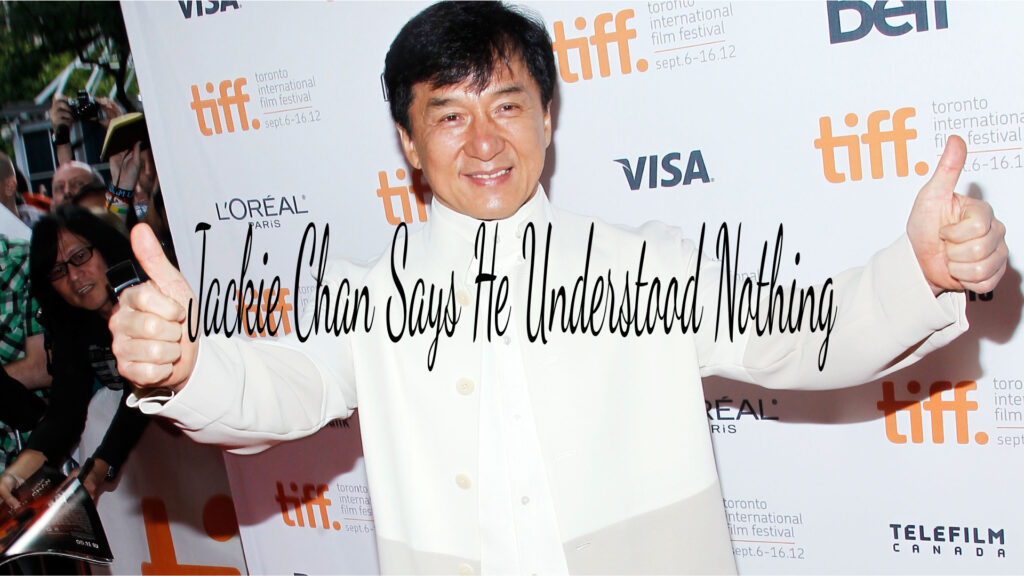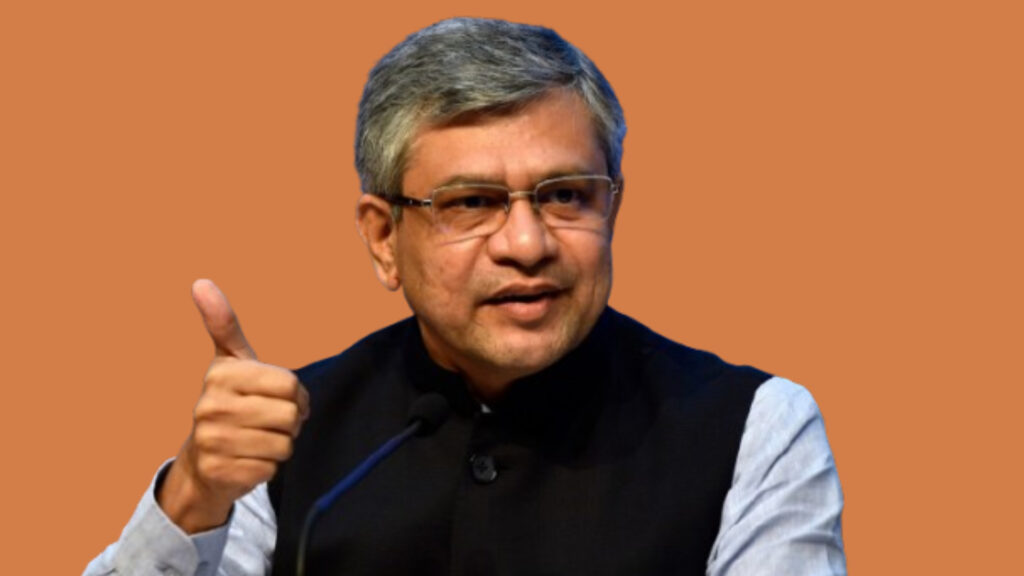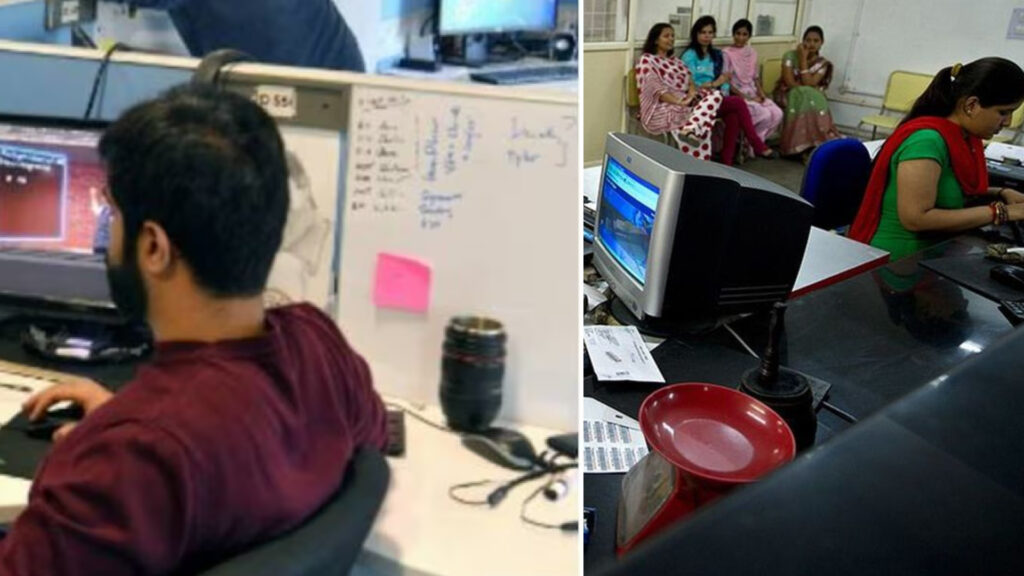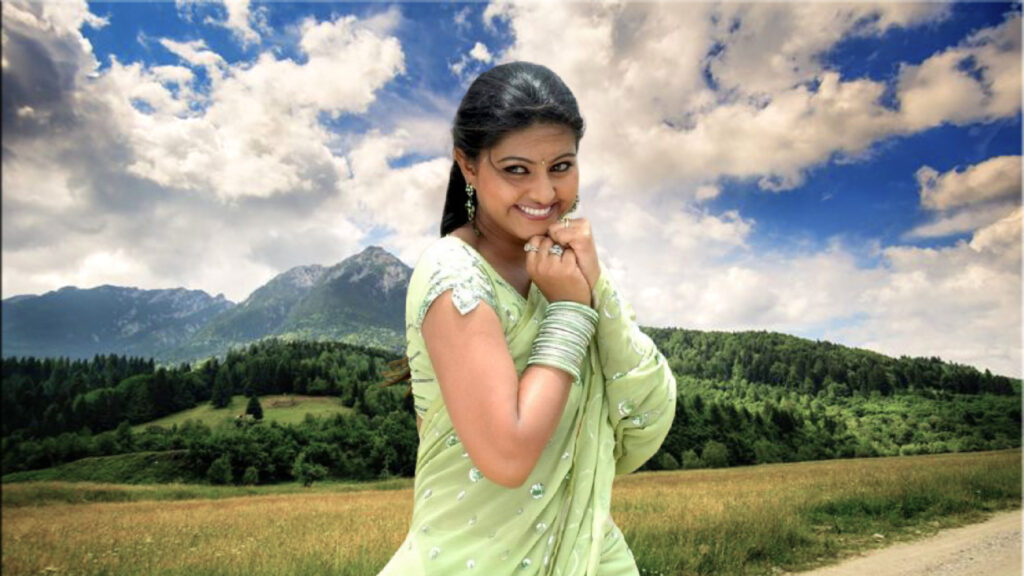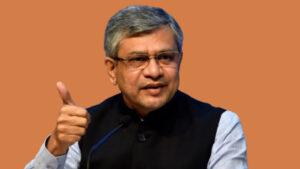Jackie Chan Says He Understood Nothing: 5 Shocking Insights
Jackie Chan says he understood ‘nothing’ his costar Chris Tucker said during their iconic film Rush Hour. This revelation stunned fans and behind-the-scenes enthusiasts alike. In a candid conversation on The Kelly Clarkson Show, Chan opened up about the challenges he faced while filming, particularly struggling to grasp what Tucker was saying. But this story is more than just a funny anecdote — it offers a window into the complexities of cross-cultural collaboration, language barriers, and the making of one of Hollywood’s most beloved action-comedy franchises.
The Language Barrier That Almost Derailed Rush Hour
When most people think of Rush Hour, they recall the fast-paced action, sharp comedy, and undeniable chemistry between Jackie Chan and Chris Tucker. However, behind the scenes, things weren’t as smooth as they appeared on screen. According to Jackie Chan himself, “The whole movie, I don’t know what Chris Tucker’s saying. Not a clue.”
This admission is particularly compelling considering the film’s massive success: Rush Hour topped box office charts and spawned two sequels, cementing its status in pop culture. Yet, the very foundation of their partnership was built on a shaky linguistic footing.
Why Did Jackie Chan Struggle to Understand Chris Tucker?
- Different speaking speeds: Tucker’s rapid-fire dialogue often left Chan scrambling to catch every word.
- Accent and slang: The Los Angeles-born comedian’s use of colloquial expressions was hard for Chan to follow.
- Language proficiency: As a non-native English speaker, Jackie still faced hurdles in fluency during filming.
- On-the-fly script adjustments: Chan revealed that his dialogues changed scene by scene, adding to the confusion.
Jackie described his experience, saying, “Every shot, different dialogue,” adding that his dialogue coach had to sit right behind the camera to assist him. This unique challenge shaped his performance and the dynamics of the duo’s interactions.
The Surprising Way Jackie Chan Learned English
One might wonder: how did Jackie Chan improve his English over the years, especially to the point where he could star in Hollywood blockbusters? His answer might surprise you. Instead of traditional learning methods, he picked up English by listening to country music — a genre known for its slow and clear lyrics.
Such a pragmatic approach offers insight into how immersion and personal interest can dramatically impact language acquisition. In a way, Chan’s method reflects his larger philosophy toward learning and life: adapt creatively and embrace unconventional paths.
What Can This Teach Us?
- Patience is key: Learning complex skills, like a new language, requires time.
- Use what you enjoy: Tying learning to interests (like music) makes it easier.
- Be open to mistakes: Chan didn’t perfectly understand everything but persisted.
A Peek Inside the Filming of the Original Rush Hour
Jackie Chan’s reflections unveil much about the film’s hectic production. The first movie was shot with “little money” and “little time,” operating on a fast and demanding schedule. Jackie described it as “Go, go, go, go!” — a stark contrast to the sequels which had incrementally larger budgets and more breathing room.
Interestingly, while the first movie thrived under constraints, he felt the third installment suffered from having “too much money” and “too much time.” This tension between pressure and resources is common in filmmaking but rarely discussed so openly.
How Did These Circumstances Affect the Film?
The tight schedule pushed the actors and crew to be spontaneous and quick-thinking. It likely enhanced the natural chemistry and adrenaline-driven energy but also meant struggles like language barriers weren’t fully addressed until on set.
- Limited rehearsal time meant scenes were shot quickly.
- Rapid dialogue changes made consistency challenging.
- High-pressure situations fueled the authentic frustration and humor onscreen.
In other words, the movie’s charm partly comes from its raw and unfettered production style.
You might also like : Ukraine Russia War
Jackie Chan and Chris Tucker: A Unique On-Screen Partnership
The mismatch of an East Asian martial artist and an African-American comedian formed the core of Rush Hour‘s appeal. Despite language difficulties, the cultural blend and contrasting personalities made for unforgettable scenes.
What’s fascinating is that Chan’s inability to fully understand Tucker didn’t hinder their performance but enriched it. The natural confusion and reactions may have even added authenticity to their characters’ miscommunication and eventual friendship.
Lessons in Collaboration Across Cultures
- Communication is more than language: Body language, timing, and trust bridged gaps.
- Embrace differences: The contrasts created humor and dynamic tension.
- Patience fosters connection: They supported each other through challenges.
In today’s globalized world, their story offers a compelling lesson on working effectively across linguistic and cultural divides. It’s a testament to the power of empathy and creativity.
Is Rush Hour 4 on the Horizon?
Fans have long speculated about a fourth installment in the Rush Hour saga. In a recent appearance at the Red Sea Film Festival in Saudi Arabia (December 2022), Jackie revealed he was “talking” about Rush Hour 4. Although nothing is finalized, the possibility excites longtime followers of the franchise.
Given the hurdles of the past — including those misunderstood dialogues — it will be interesting to see how the pair approaches working together in a contemporary environment where cross-cultural communication tools have vastly improved.
What Could We Expect From a Potential Sequel?
- More polished dialogue delivery from Jackie Chan.
- Potentially a deeper exploration of cultural themes.
- A blend of classic martial arts and modern humor.
- New dynamic challenges reflecting today’s world.
Beyond Rush Hour: Jackie Chan’s Broader Journey
This revelation doesn’t just apply to Rush Hour. Jackie Chan’s language struggles frame his entire Hollywood journey. He has often been candid about battling cultural and linguistic barriers but persevering with humor and resilience.
For anyone navigating new environments or languages, Chan’s story serves as inspiration. It shows that even international stars face real challenges and that the key to success is persistence and adaptability.
More sources : Hindustan Times
Jackie Chan Says He Understood ‘Nothing’ — And That Made All the Difference
- Language is just one part of communication: Humor, gestures, and chemistry filled the gaps.
- Challenges can become unique strengths: Misunderstandings led to authentic moments.
- Hard work and creativity prevail: Jackie Chan turned difficulty into dynamic performance.
- Success comes from embracing imperfection: The rough edges make stories memorable.
- Cross-cultural stories enrich global cinema: Diverse voices create richer narratives.
Jackie Chan’s honest admission that he “understood nothing” during Rush Hour not only humanizes the superstar but deepens our appreciation for the art and effort behind the cameras. It reminds us that sometimes, the most memorable collaborations emerge from the most unlikely challenges.
As fans and observers, we can celebrate Rush Hour not just as a film but as a monument to persistence, friendship, and the surprising ways human connection transcends language.
Jackie Chan’s experience teaches us that even in the face of understanding ‘nothing,’ we can still create something unforgettable.

